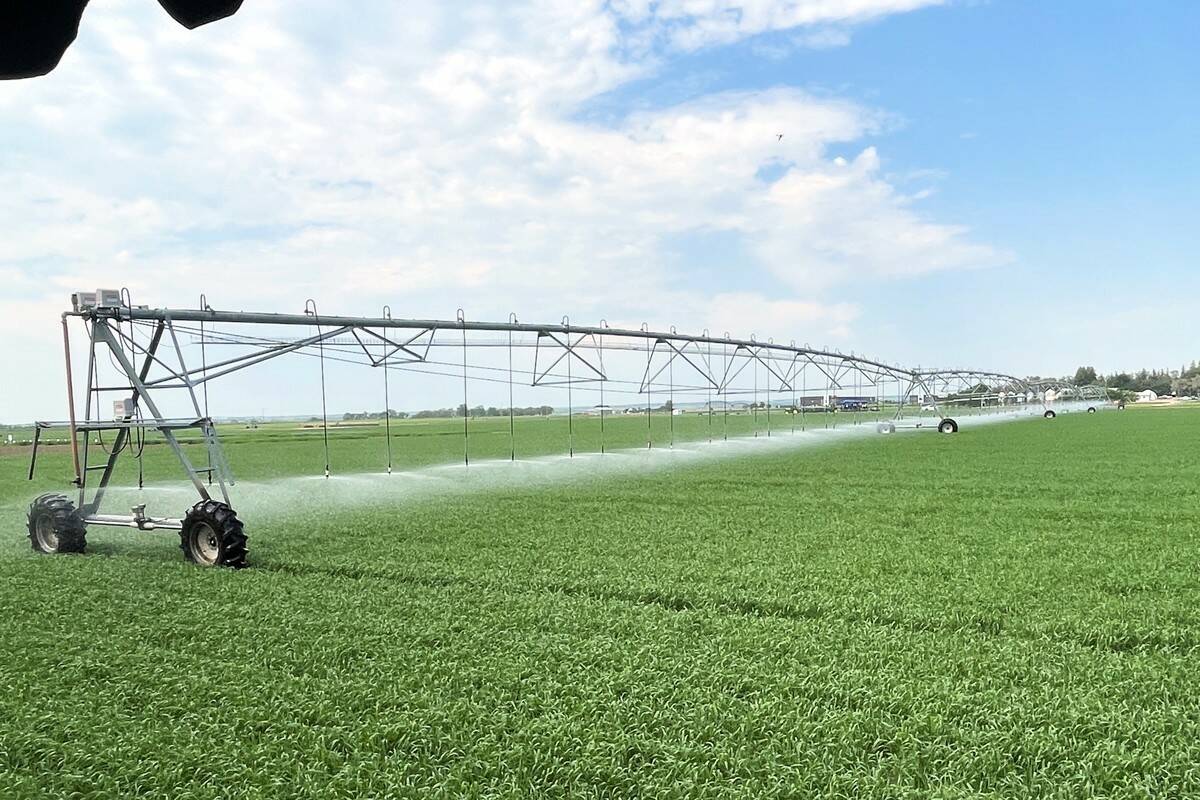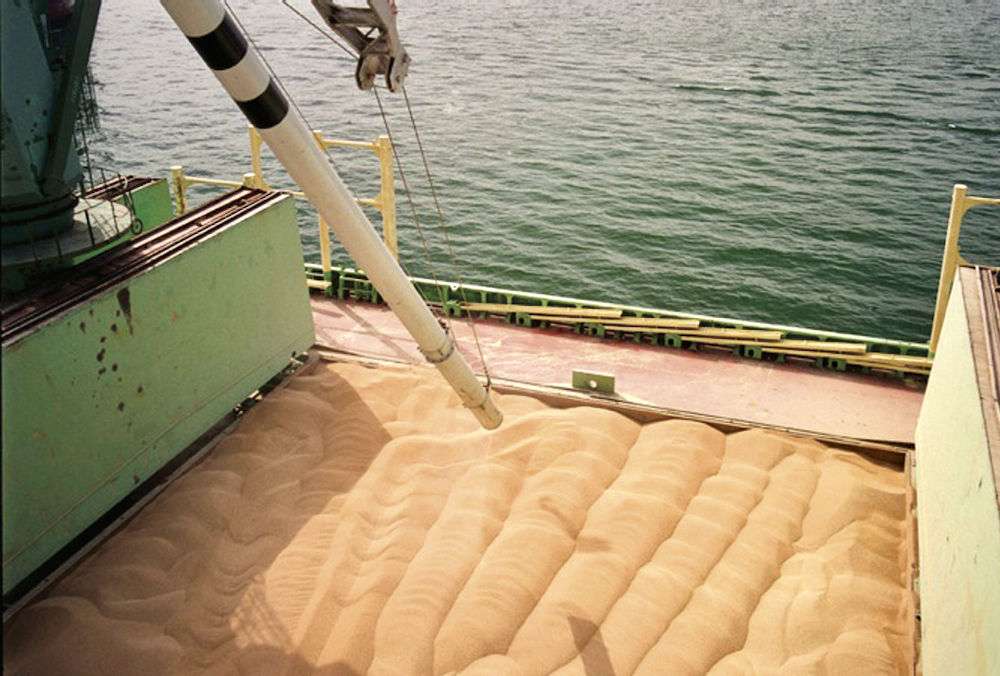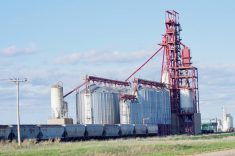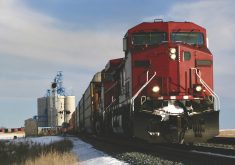Although it’s been one crisis after another since last summer, the grain sector is seeing some small positives on the export front.
One is that rail disruptions caused by flooding in B.C. in November didn’t have a big impact on servicing our wheat customers, attendees at a recent webinar on new-crop sales were told.
The slides and washouts that temporarily cut off rail service to Vancouver’s port had worried buyers on the phone, said Michael Rogers, Viterra’s senior merchandiser for milling wheat.
Read Also

Southern Alberta lease policy changes offer tax relief hope
Grazing/cultivated lease controversy continues in southern Alberta municipality with residential landowners weighing in over taxes.
“That’s always a focus point with end-use customers because of what we’ve seen in previous years,” Rogers said during the webinar put on by Cereals Canada and the Canadian Grain Commission.
“So obviously when we started having the floods, there were a lot of questions coming in.”
But because the railways were able to get grain trains moving again fairly quickly, it wasn’t a disaster, he said.
“In an average year, yes, this would be extremely devastating for our pipeline, our ability to get product to port,” said Rogers. “But due to the lack of export pace and small production this year, we really didn’t see a big hiccup on the export side (although) it did slow things down for a couple of weeks.”
(Nevertheless, there are increasing concerns about slow grain movement — see below.)
Exports of Canadian wheat in the current crop year are forecast to be under 16.4 million tonnes — a huge drop from the 26.4 million tonnes exported in the previous crop year.
Early on, the market was effectively “rationing” demand as grain companies eased back on sales because they weren’t sure how much wheat they’d be able to get and hence how much they could supply.
“Everyone was nervous in trying to sell something and not being able to execute,” said Rogers.
With global wheat production up — thanks largely to record crops in Australia and Argentina — there are alternatives and buyers like China quickly shifted their attention elsewhere.
“We’ve seen numbers upwards of three million tonnes being exported (to China) before and now we’re looking at anywhere from a million to 1.3 million this year,” he said. “They’re going to take advantage, and have already, of other origins such as Australia and the EU, France in particular.”
But other buyers, such as Japan and (South) Korea, are loyal customers.
“They are very reliant on the consistency of the quality,” said Rogers. “That’s something you hear from millers all the time is they appreciate the consistency of Canadian wheat and the ability to maintain the consistency throughout the crop year,” he said.
While many are fearful of a second consecutive dry year, Rogers said the long-term prospects remain good.
“We’ve been able to increase those yields through seed genetics, through better farming practices, and through zero till,” he said. “We do expect those trend lines to continue, but we do have those anomalies.”
Hopper car deliveries
But even though there’s not a lot of crop to export, concern about railway performance is growing — with CN Rail in particular being criticized for failing to supply the number of hopper cars requested by elevators.
The railway only supplied 24 per cent of requested cars during the week ending Jan. 21, said analyst Milt Poirier, who monitors grain movement by rail for the Ag Transport Coalition.
“For CN, there are few ways to phrase this, other than to say the performance is absolutely abysmal,” Poirier said on the Jan. 28 edition of Pulse Canada’s Grain by Train podcast.
“In Week 24 — just when we thought that the bar couldn’t go any lower — they managed to achieve that.”
The November floods can no longer be used as an excuse, said Greg Northey, who hosts the podcast and is also Pulse Canada’s VP of corporate affairs.
“There was an expectation that performance would struggle to catch up for a while,” Northey said in interview. “CP is starting to get its situation in order, but for CN, it’s a puzzle for us, pretty much all year, as to why its performance looks like this.”
That said, CP slipped in Week 25 while CN’s performance improved somewhat. But the backlog of hopper cars (ones that have been ordered but not delivered) continues to grow and as of Jan. 28, stood at just under 3,600, according to the Ag Transport Coalition, which is made up of farm groups (including Alberta Wheat) and associations representing grain companies.
And it’s not just grain that’s affected, said Northey, adding his contacts in the forestry and energy sectors are saying service levels have declined this winter.
“We’re not seeing any specific trend around one commodity or another,” he said. “It is really poor performance across the board outside grain as well.”
Meanwhile the number of vessels on the West Coast waiting to load grain has been steadily increasing and is approaching levels of recent years, when there were very high levels of exports.
Farm groups have been raising the issue with officials at both Transport Canada and Agriculture and Agri-Food Canada, said Northey.
“There’s a lot of work trying to address this,” he said. “When you see acute service failure happening week in and week out, it comes down to the railways ensuring that capacity is where it needs to be.”
















